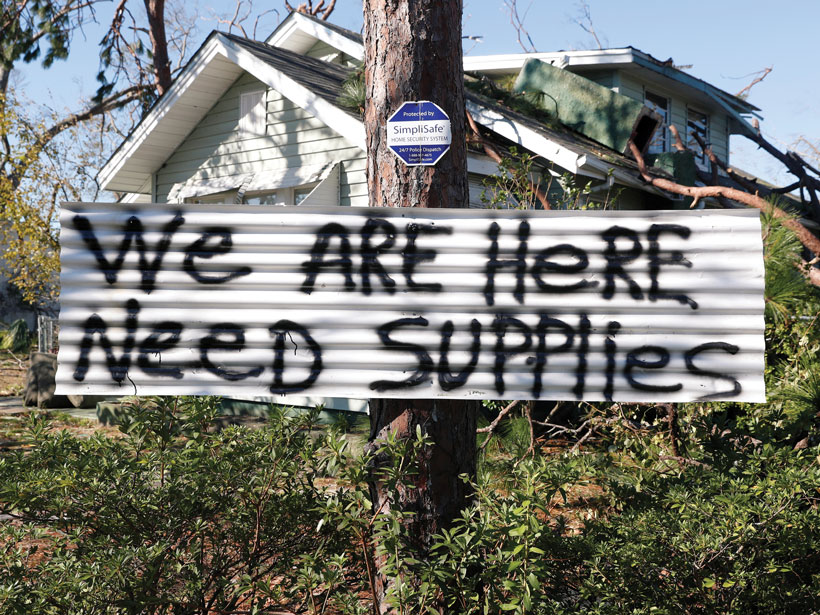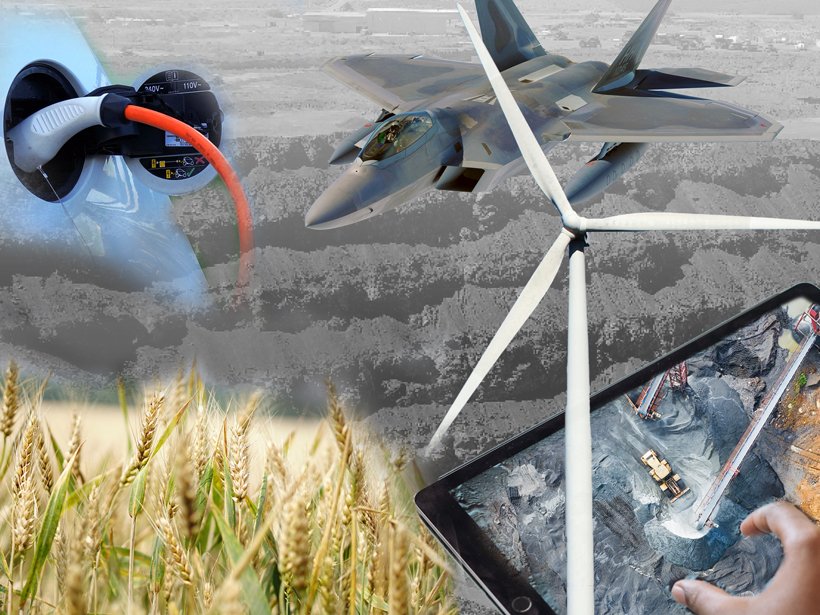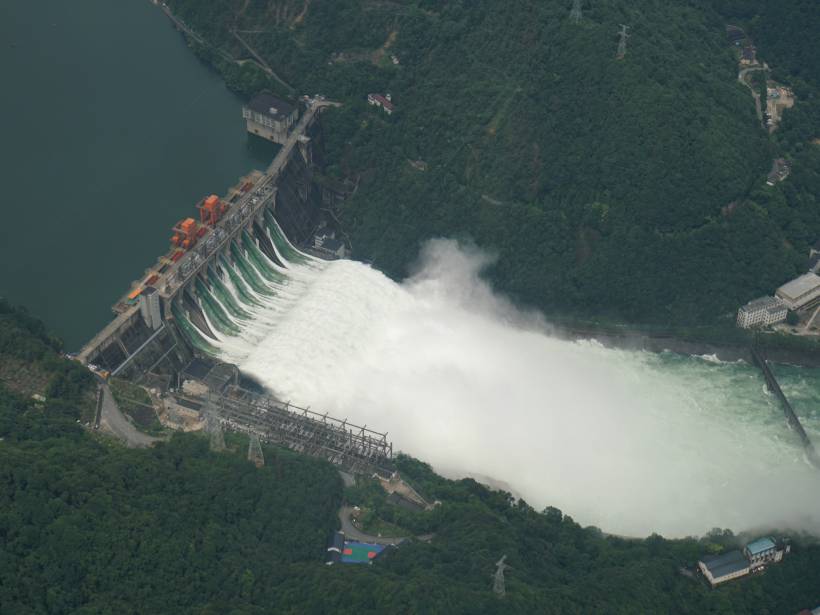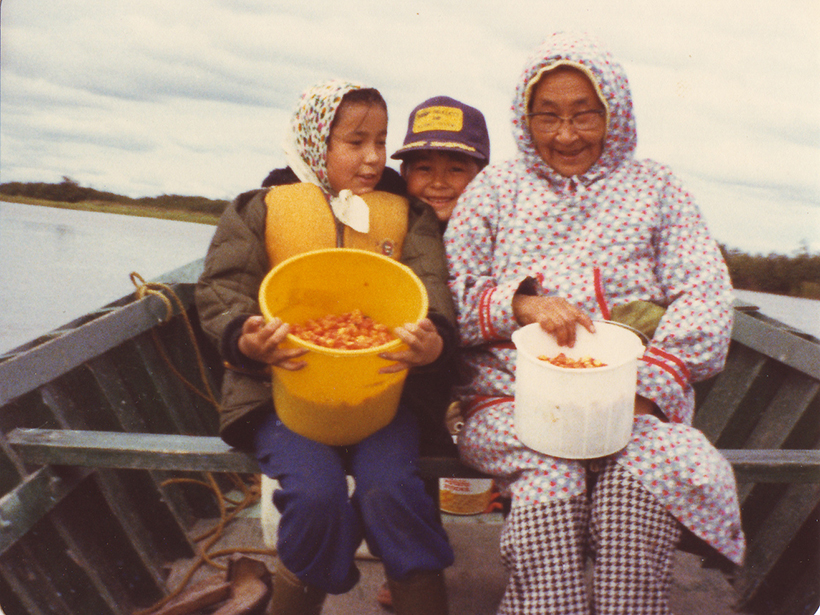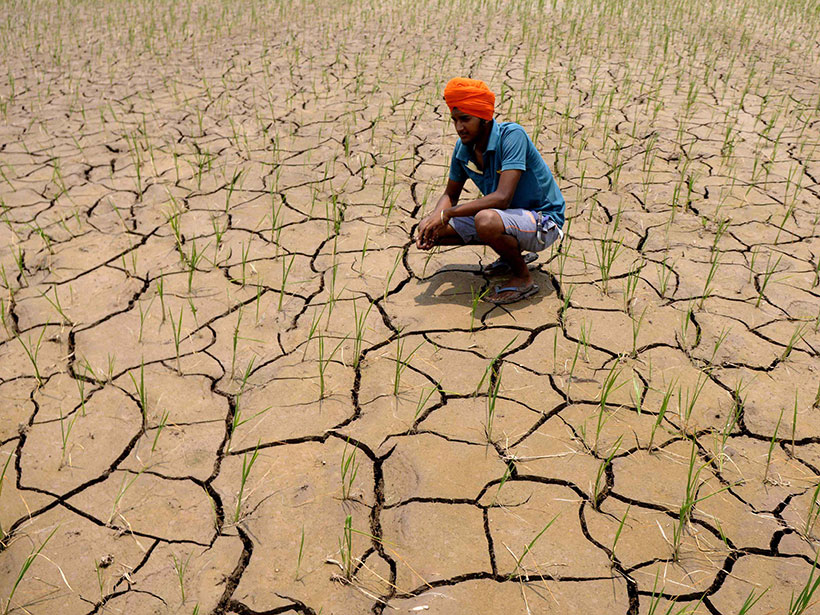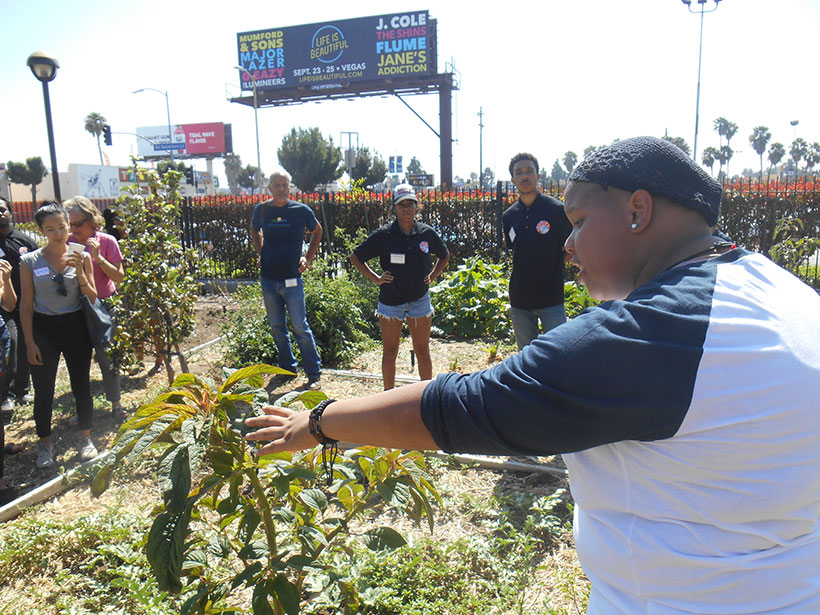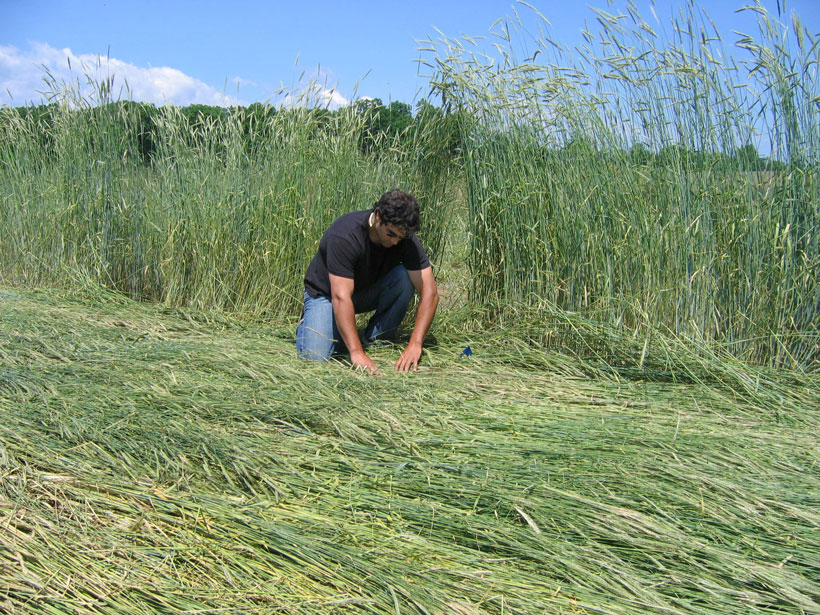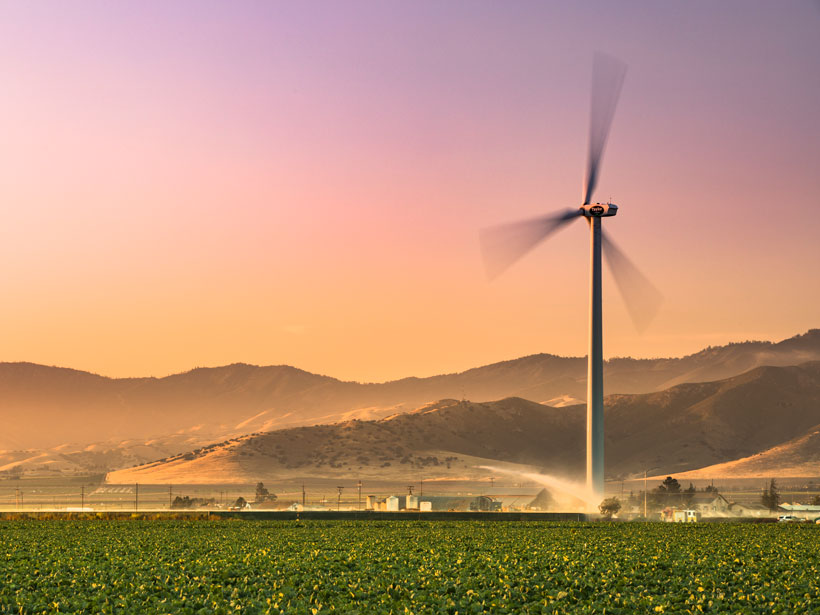As disadvantaged communities suffer disproportionately from natural hazards, scientists, policymakers, and emergency managers explore why policies are failing—and what can be done about it.
science policy
Geological Surveys Unite to Improve Critical Mineral Security
A three-nation consortium is pooling geological expertise and resources to address vulnerabilities in supplies of these crucial natural resources.
Finding “Glocal” Solutions to Flooding Problems
Scientists call for joint efforts to combine real-time global rainfall data with high-resolution local hydrology to better forecast floods.
La comprensión de nuestro medio ambiente requiere una cosmovisión indígena
A medida que las comunidades de geociencias y de creación de políticas comienzan a reconocer la importancia de incluir el conocimiento indígena en su trabajo, debemos darle el valor adecuado con tiempo y financiación equitativos.
What a New Executive Order Means for Curbing Methane Emissions
Biden’s executive order calling for consideration of new methane regulations comes on the heels of a new global analysis of the fuel’s impact on climate change.
La región agrícola más importante de la India se está desertificando
El cultivo de arroz consume más agua de la que el Punjab puede recargar. Si continúan las tasas de riego actuales, el estado vaciará sus reservas de agua subterránea dentro de 20 años.
Urban Agriculture Combats Food Insecurity, Builds Community
Innovations in urban agriculture—from creative reuse of stormwater to soil rehabilitation—can help fight food insecurity and prevent further food issues.
Cover Crops, Sensors, and Food Security
Forward-Thinking Ideas for the USDA’s Agriculture Innovation Agenda
Enhancing Food Security Through Earth Science Data
When most agriculture in the world is rural, getting crucial geoscience information to farmers is a technical challenge that a few organizations are just starting to figure out.
Solving Shared Problems at the Food, Energy, and Water Nexus
A 15-year-old partnership among Chinese and U.S. scientists studying challenges in our food, energy, and water systems has revealed that solutions are best achieved through international collaboration.

